Frequently Asked Questions
We bulk bill under Medicare’s Child Dental Benefits Schedule, and for DVA Gold and White Card holders.
For members of Medibank Private, HCF and most other private providers, we also offer flat-rate pricing according to their pricing schedules.
Please visit our Fees and Bulk Billing Page for more information on this topic.
Most procedures like regular check-ups are entirely painless – there is nothing to worry about! However, if you do have a lot of built-up plaque or calculus (also known as tartar), this will need to be removed.
If you have sensitive teeth or gums, this might be a little uncomfortable, but remember this: the better you care for your teeth (and the more often you come in for a proper clean), the less uncomfortable it’ll be each time!
We try to keep things as un-invasive as possible, i.e. we won’t get in there with drills or tools unless absolutely necessary. If this is the case, we will do everything we can to relieve the pain and keep you relaxed and sedated.
You’ve probably heard it a million times before, but that’s because it’s true: brush twice daily, floss, and stay away from highly acidic foods and soft drinks! Coming in for regular check-ups and cleans will also help us identify problem areas before they get too bad.
Some tooth decay can be treated with topical fluoride or sealants. For actual cavities, we usually need to remove any diseased areas and insert a filling. If it’s really bad, we might have to put in a crown, perform a root canal, or remove the tooth entirely. Remember: regular brushing and flossing is the key to dental health!
You should tilt the brush at 45 degrees against your gums, and use a gentle circular action at the gumline. This should remove any plaque hiding under the gumline or between the teeth.
You should gently brush the outside, and inside surfaces of all upper and lower teeth. For the chewing surface of your teeth – don’t forget the very back molars! – use a firm back-and-forth motion.
Brush your tongue. You’d be amazed how much plaque can build up on the tongue, causing bad breath and spreading bacteria to the teeth.
Get about half a metre of floss and wrap it around your middle fingers, then grip it with your thumbs and index fingers. Apply pressure with your thumbs for your upper teeth and index fingers for your lower teeth.
Work the floss between your teeth. When you get to the gumline, curve the floss into a C shape around the tooth, making sure you’re actually below the gumline. Then slide the floss up and down the tooth’s edge a few times on every side.
The idea is to use friction from the floss to dislodge the microscopic build-up of plaque from under the gumline.
If you want more clarification, be sure to ask Dr. Lakatos when you’re next in the clinic!
Gum disease, also known as gingivitis and periodontal disease, is when the gums get inflamed and begin to bleed and/or start receding, exposing more of the teeth. In the worst cases, the bones, gums and tissue around the teeth are destroyed, leading to tooth loss, bone infection or worse.
This problem is caused by bacteria, i.e. falling behind on your dental hygiene. The easiest way to prevent it is to brush and floss regularly and thoroughly, and to make sure you visit your dentist at least every six months.
You should replace your dentures every eight to ten years. People get used to their dentures – and become quite attached to them – but they do deteriorate over time, and can become a dangerous breeding ground for bacteria, leading to illnesses such as aspiration pneumonia, which can be fatal.
$150 CHECK UP & CLEAN UP
- Full visual inspection and evaluation of your teeth and gums
- Precise yet gentle cleaning and polishing of all your teeth, including below the gum line
- Diagnosis and treatment plan for any problems found
- Daily oral hygiene tips, including brushing technique, flossing and mouthwashes
- Consultation on lifestyle factors such as diet, water intake, medication interactions and smoking
*X-Ray not included
*Please note that the $150 check up & clean applies only for clients that don’t have private health cover.
BOOK YOUR $150 CHECK UP & CLEAN UP TODAY
Send a message to us using the contact form below and one of our staff members will be in touch shortly.

